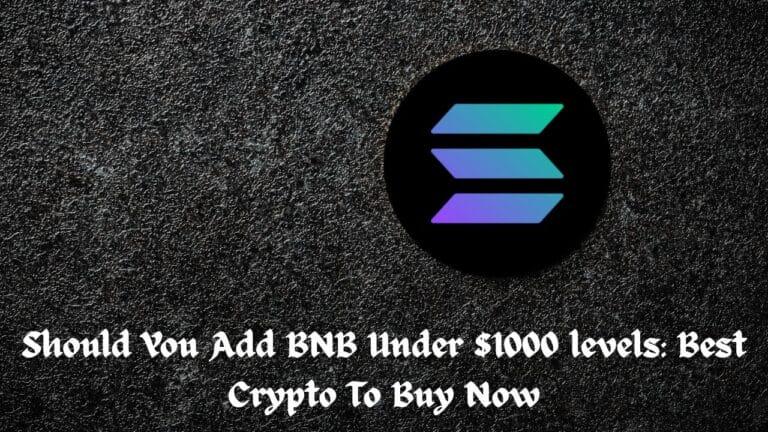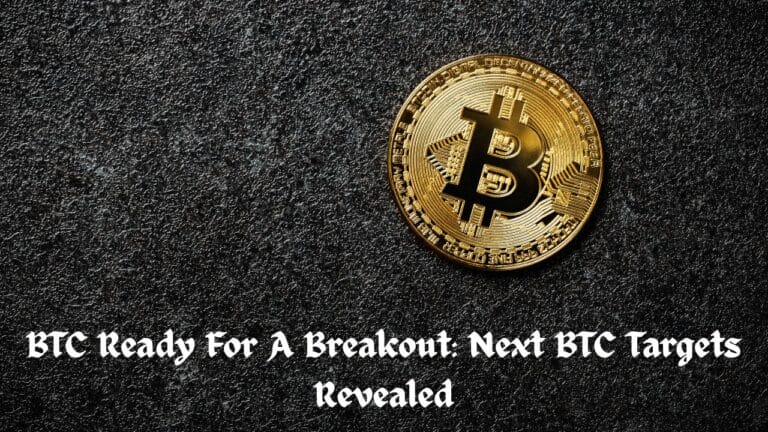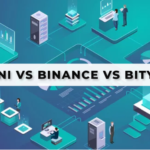Key Takeaways:
- Budweiser has launched its first-ever NFT line, which will serve as a stepping stone to its bigger crypto goals.
- These NFTs will be your key to the “Budverse,” allowing you to get access to special bonuses, rewards, and surprises.
- It’s still unclear which blockchain will host the Budverse Cans, sold on a secret NFT marketplace for $499 or $999 depending on rarity level.

Budweiser released its first-ever NFT collection on Monday, extending the company’s push into the digital asset market.
Budverse Cans Heritage Edition, a range of non-fungible tokens from the world’s largest brewer, was issued. It’s made up of 1,936 Budverse Cans, a nod to the Budweiser can’s inaugural released in 1936.
Each NFT will come with its own set of benefits, which have yet to be revealed. “These NFTs will act as your key to the Budverse,” according to the firm, “and can unlock exclusive benefits, rewards, and surprises.”
The Budverse Cans will be available in two rarity categories, with Core Cans costing $499 and Gold Cans costing $999.
For each NFT purchase, there will be an additional payment of $75 to cover the gas fee. The tokens can be purchased using Coinbase Commerce with fiat currencies, credit cards, or bitcoin/ether. Maximum purchase of $10,000 per person per day, including fees and sales tax, will be allowed.
The website stated, “Now you can own a piece of history and a collectible that gives you access to the future of Budverse.”
According to the NFT platform OpenSea, Budweiser acquired an NFT of a rocket branded with their logo for eight ether coins (worth $25,000 at the time) for eight ether coins (worth $25,000 at the time).
According to the NFT platform OpenSea, Budweiser purchased an NFT of a rocket adorned with its branding for eight ether tokens (worth $25,000 at the time) in August.
Records also reveal that the Anheuser-Busch subsidiary bought the domain name beer for 30 ether (about $94,000 at the time), which is used to store the rocket and other NFTs on crypto platforms.
As the industry explodes this year, a rising number of corporations — most recently, department store Macy’s — have joined the NFT mania.
According to JPMorgan, NFT sales of digital art artifacts are hovering around $2 billion per month, up from around $400 million per month at the start of the year.









